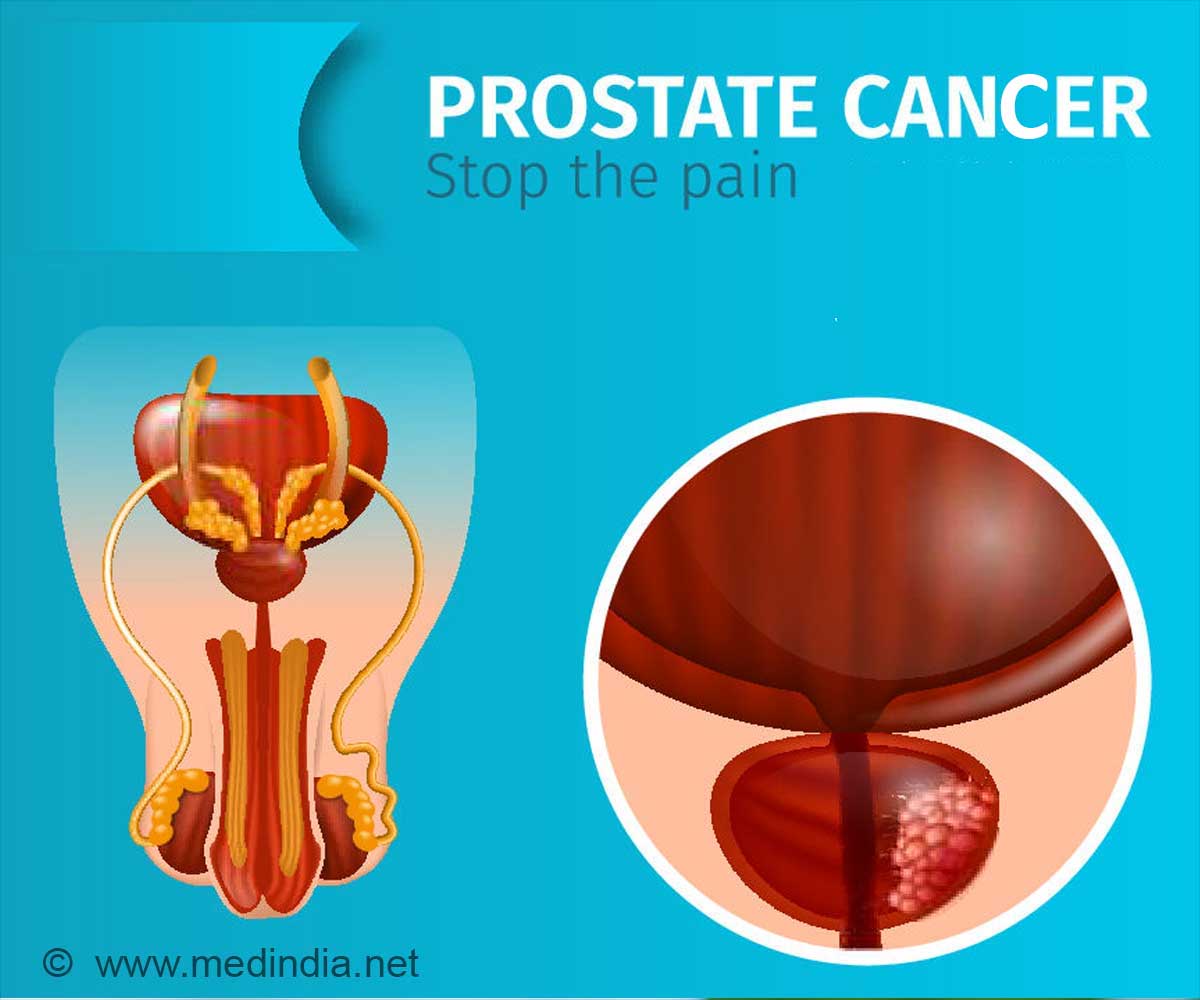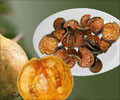
Prior preclinical studies have shown that flavonoids have beneficial effects against prostate cancer, but few studies have examined the effect of flavonoids on prostate cancer in humans.
Steck and her colleagues used data from 920 African-American men and 977 European-American men in the North Carolina-Louisiana Prostate Cancer Project who were newly diagnosed with prostate cancer. Participants completed a self-reported dietary history questionnaire to assess flavonoid intake, which was measured using the U.S. Department of Agriculture''s 2011 Database for the Flavonoid Content of Selected Foods.
Men with the highest total intake of flavonoids had a 25 percent lower risk for aggressive prostate cancer compared with those men with the lowest flavonoid intake.
"We found that higher total flavonoid intake was associated with reduced odds for aggressive prostate cancer in both African-American and European-American men, but no individual subclass of flavonoids appeared to be protective independently, suggesting that it is important to consume a variety of plant-based foods in the diet, rather than to focus on one specific type of flavonoid or flavonoid-rich food," Steck said.
In addition, the risk for aggressive prostate cancer was even lower in those men younger than 65 and in current smokers with the highest levels of flavonoid intake. Dietary questionnaire results revealed that citrus fruits and juices, such as oranges and grapefruits, tea, grapes, strawberries, onions and cooked greens were the top contributors to total flavonoid intake among the participants.
Advertisement
Source-Newswise

![Prostate Specific Antigen [PSA] & Prostate Cancer Diagnosis Prostate Specific Antigen [PSA] & Prostate Cancer Diagnosis](https://www.medindia.net/images/common/patientinfo/120_100/prostate-specific-antigen.jpg)












